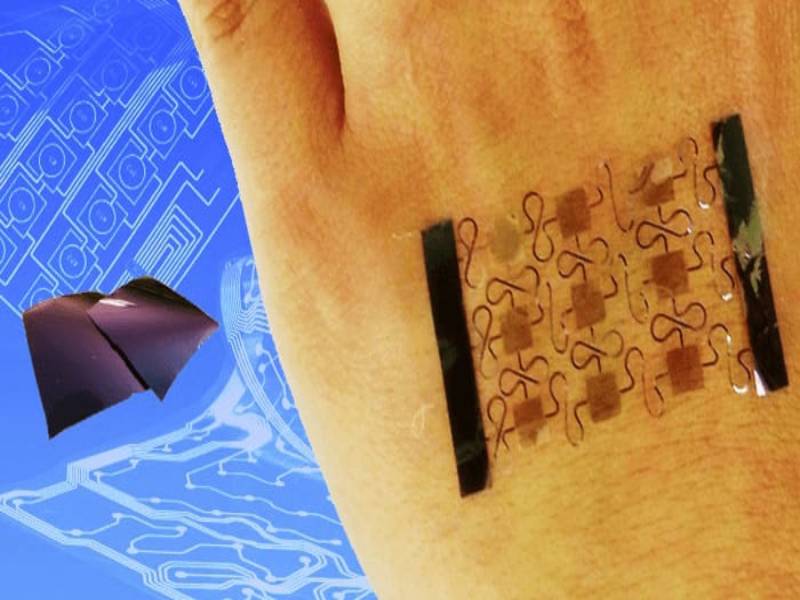Flexible Electronics comes to India: IIITH set to start hottest course in country
By Newsmeter Network
Hyderabad: International Institution of Information Technology (IIITH) has become the first institute to offer full-fledged 4-credit semester course in India on Flexible Electronics.
Students of B.Tech 3rd and 4th, 5th year dual Degree, Masters and Ph.D. are eligible for it. Essayed by Dr. Aftab Hussain whose core area of expertise lies in flex circuits, the course requires no pre-requisites apart from exposure to 10+2 level of Physics and Chemistry from prospective students.
Flexibility in electronics is the current hottest tech trend with universities, and industries around the world are researching this technology, said the university.
"Ever since the step-counting fad exploded over the last decade, the consequent interest in fitness tracking devices and other wearables have boomed too. These devices would not have been accessible to the general populace if they were not portable, lightweight, less expensive and flexible," officials said.
IIIT said though the visibility of this tech is most prominent in displays of smartphones and computers, the potential applications of this technology span across various manufacturing sectors.
They include bendable photovoltaic cells that can wrap around any roof shape in the energy sector; user controlled diagnostics, packaging of medicines in the health sector; wearable in soldier’s gear in the defence and disposable sensors for air and water quality monitoring in the environment field.
“What I generally do is to give students a block diagram of any simple electronic system, say an electronic system having a processor, a memory, a display, maybe a sensor, a battery, antenna, etc. Then we go through how we can flex each of them, i.e. how we can create a flexible version of each of these things. If we want to make the entire device flexible, we would first want each of these components flexible. For instance, you can’t have everything else flexible but memory rigid...it won’t work. Everything has to be flexible,” said Dr. Hussain.
He said that one needs to know how memory works before tweaking the material system to make it overcome the rigidity of conventional silicon technology. “In this way, students eventually learn how to make all components flexible – such as a flexible memory, flexible antennas, flexible batteries, and flexible solar cells, and so on,” he said.
The field itself is new and the research is rare. Even the academic courses are rarer. There are a few research groups in the country working in this area including the Center for Large Area Flexible Electronics at IIT Kanpur.